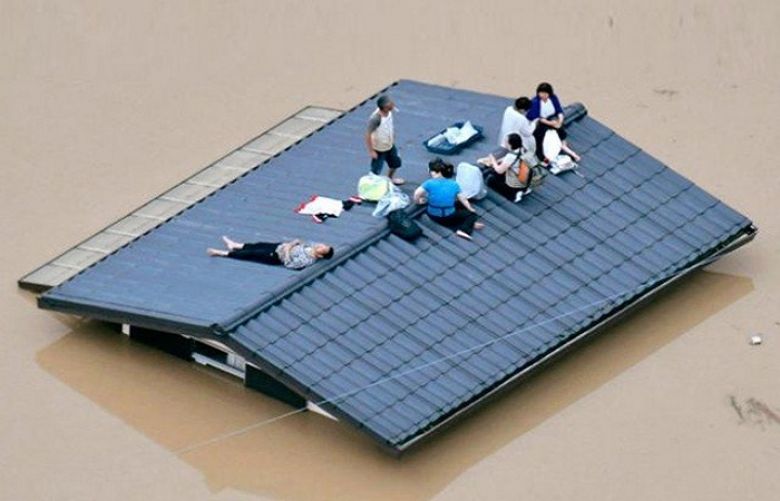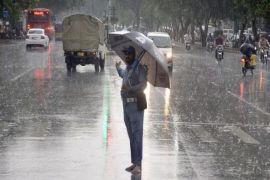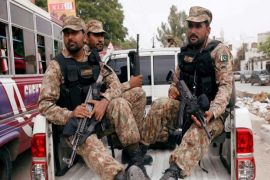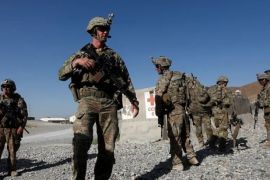Unprecedented rains that have killed at least 66 people also stranded 1,000 in the western Japanese city of Kurashiki on Sunday, including about 100 at a hospital, with rescuers using helicopters and boats after rivers surged over their banks.
Kurashiki, with a population of just under 500,000, has been hit hardest by the torrential rains that pounded some parts of western Japan with three times the usual precipitation for a normal July.
Television footage showed people, apparently patients and staff, waiting to be rescued on a balcony at Mabi Memorial Hospital, while many cars floated in muddy water and a person was rescued by helicopter from an elderly care facility.
The overall death toll from the rains in Japan rose to at least 66 on Sunday from 49 overnight after floodwaters forced several million people from their homes, media reports and the Fire and Disaster Management Agency said.
Another 60 were missing, national broadcaster NHK said, and more rain was set to hit some areas for at least another day.
The rain set off landslides and flooded rivers, trapping many people in their houses or on rooftops.
“We’ve never experienced this kind of rain before,” an official at the Japanese Meteorological Agency (JMA) told a news conference. “This is a situation of extreme danger.”
Among the missing was a 9-year-old boy believed trapped in his house by a landslide that killed at least three others, including a man in his 80s.
“All I have is what I’m wearing,” a rescued woman clutching a toy poodle told NHK. “We had fled to the second floor but then the water rose more, so we went up to the third floor.”
Japan’s government set up an emergency management centre at the prime minister’s office and some 54,000 rescuers from the military, police and fire departments were dispatched across a wide swath of southwestern and western Japan.
“There are still many people missing and others in need of help, we are working against time,” Prime Minister Shinzo Abe said.







